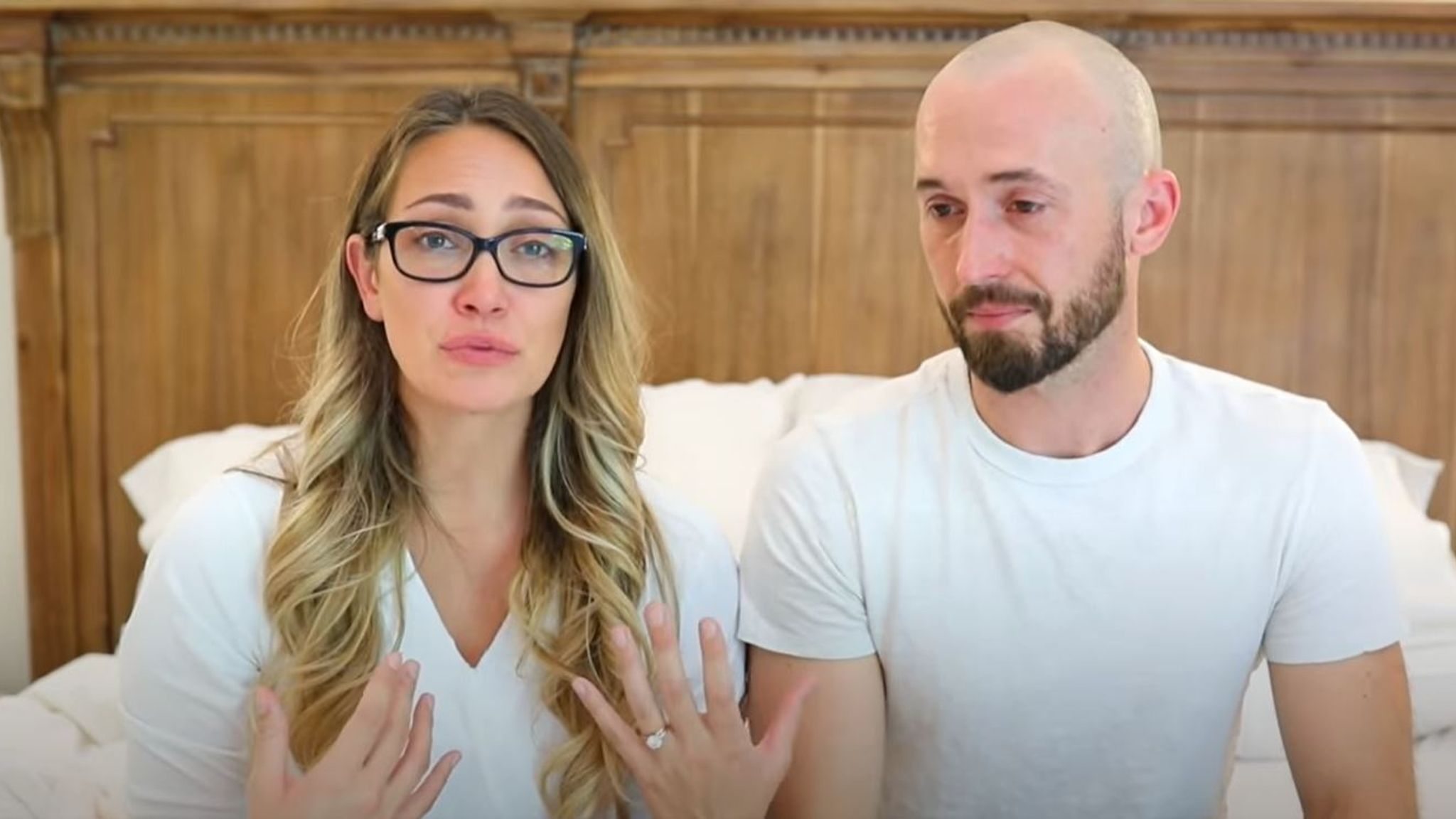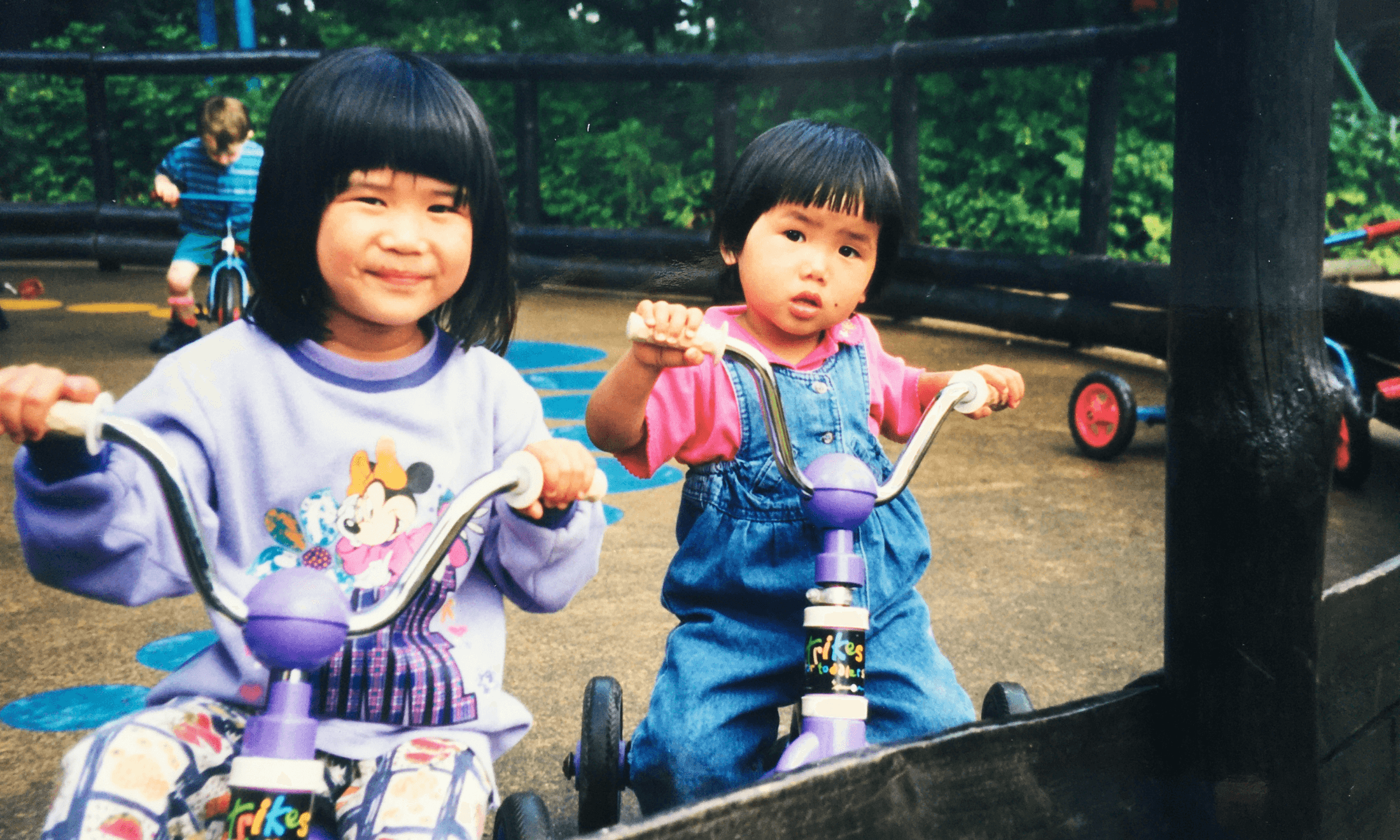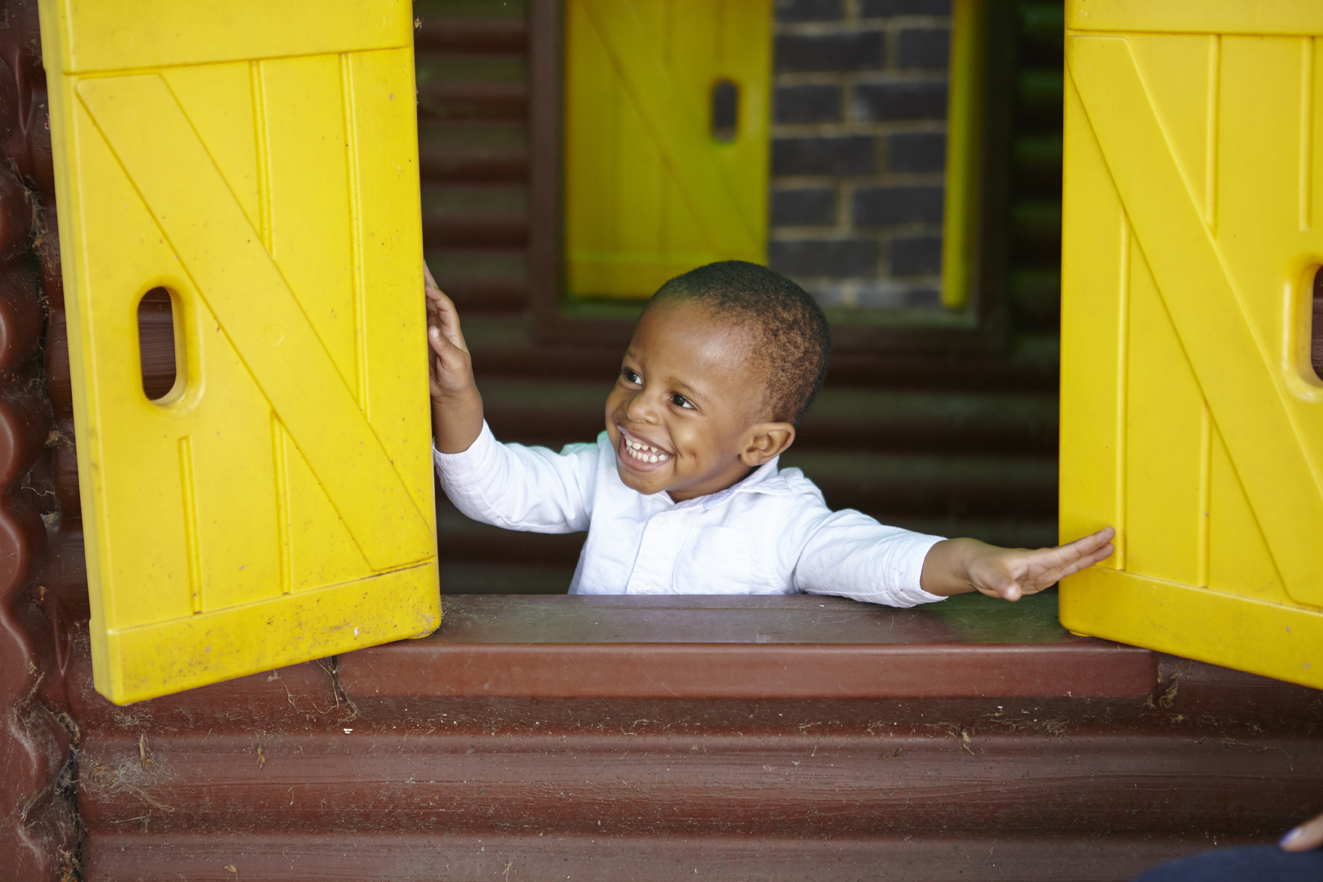
Huxley’s adoption story is part of a much larger narrative about race, disability and abuse
As an autistic adult who is also a transracial, transnational adoptee from China, I am fucking infuriated and disgusted, but entirely unsurprised.
Lydia X. Z. Brown
29 May 2020
Still via YouTube
By now, you’ve probably heard about the YouTube influencers who made international news for abandoning their autistic child after adopting him from China almost three years ago.
Huxley, originally adopted by the Stauffers, is one of thousands of children, many children of colour in the Global South who are adopted each year by predominantly white families in the Global North. Since his adoption – which was documented for YouTube in meticulous detail, including the fact that Huxley was disabled, the Stauffers have filmed numerous videos of him for their YouTube channel that they monetised and gained major corporate sponsors for producing. They filmed and posted videos that showed Huxley having meltdowns, which are terrifying, vulnerable moments. They are extremely emotionally, cognitively and physically draining for autistic people. They filmed and posted videos that showed Huxley with duct tape on his hands because his mother wanted to stop him from sucking his thumb. All of this is painfully familiar for autistic people, who routinely see nonautistic parents of autistic children exploiting and monetising their children for internet fame with no regard for their children’s autonomy, dignity, or privacy.
The Stauffers, who also talked about wanting to adopt another child from Uganda or Ethiopia, horrifically decided that because Huxley turned out to have more disabilities than they realised when adopting him and was doing things that they found scary (never specified as to what precisely), they needed to find somewhere else for him to live.
“The Stauffers’ were participating in a less overtly awful part of a vast, unregulated and shadowy world of human trafficking”
Describing this process as “rehoming” Huxley to a “new forever family” – descriptions most often found in discussions of rescued dogs – only reinforces the kind of ableist dehumanisation that autistic and other disabled people commonly face. I love dogs and cats. But I also know as a person of colour that white supremacy has long deployed animalistic comparisons as a means of dehumanising black, Native, Latinx and Asian people, while also implicitly or explicitly devaluing our lives as less important than that of non-human animals. (One need only to look toward the white liberals who are far more outraged about a white woman choking her dog than that she brazenly threatened a black man with death). Yet despite the Stauffers’ claim that they made a careful, reasoned choice, they were, in reality, participating in a less overtly awful part of a vast, unregulated and shadowy world of human trafficking poorly disguised as attempts to find new loving homes for adopted children – often disabled adoptees of colour – who are ultimately treated as expendable and disposable.
And yet, at the same time, many of us in disabled community are actually minorly relieved that the Stauffers abandoned their child and sent him to a different family because at least they didn’t murder him. Before you ask whether I’m hyperbolising or sensationalising, let me point you to the list of names maintained on the Disability Memorial website – a list of disabled people who were murdered by family members or caregivers that we read at yearly vigils. A list of disabled people whose lives were deemed tragic rather than their murders, whose murderers were lauded and praised as heroes, martyrs, angels, or saints, for taking on the great burden of dealing with us only to understandably snap from all of that stress. A list of disabled people murdered in calculated, cruel, horrific ways, as well as by deliberate neglect and years-long abuse. A list that has grown so long since the first vigils held in 2012 that this year, vigil organisers stopped reading the whole thing, because it would have taken hours just to say the names. The bar we have for these parents is so goddamn low now.
“Transracial adoptees, disabled people, queer people and trans people often share a particularly pernicious experience of isolation and alienation”
When I was still a baby, I became one of 787 children adopted that year from China by families in the United States. Like thousands of other transracial and transnational adoptees – children adopted by families of different races and nations than their own – I grew up with a fractured relationship to my own heritage and culture of origin, unable to access the same type of multigenerational and ancestral wisdom and knowledge as people raised by families and in communities who share their culture and history. And like many other disabled, queer and trans people, I also grew up in a family where I was the only one of my kind. Transracial adoptees, disabled people, queer people and trans people often share a particularly pernicious experience of isolation and alienation, a permanent outsider status or liminal existence, where we never fully belong anywhere. We are unmoored, marked indelibly by trauma made ordinary, our lives and experiences constantly subject to exploitation by those with more power and resources – even to the point of erasing our very existence.
Huxley’s story – no matter how much the Stauffers cried in their video describing what happened – also lays bare what many of us adoptees already know. The adoption industry – in both domestic and transnational adoption – is fueled by global white supremacy in the guise of white saviourism and it’s grotesquely ableist and capitalist. Dominant narratives about transracial and transnational adoption portray children of colour in the Global South as helpless and malleable infants who need to be rescued or saved by white people in the Global North, who will give us “a better life” because our own communities and cultures are presumed backward, uncivilised, uneducated and wrong. This logic is not only colonising and often orientalist but also profoundly ableist on a civilisational scale, by positing that white-dominant and Global North societies are superior to those of negatively racialised people in the Global South.
“My heart breaks for Huxley, because I could have been him”
Transracial and transnational adoption often functions as little more than a less obviously awful form of human trafficking designed to serve colonial interests – and indeed, even domestic adoptions have a long history of eugenicist and racist aims through the use of residential schools and spurious labels of mental defectiveness, promiscuity and criminality to declare black, Indigenous and other people of colour as unfit to parent. That history continues today as state authorities frequently work to deprive black and Indigenous disabled parents of their children while simultaneously prohibiting many black, Indigenous and disabled parents from ever adopting children.
My heart breaks for Huxley, because I could have been him. And we know that untold numbers of other disabled adoptees remain at risk not only for another abandonment, but for further abuse, exploitation, or even murder – after all, that’s what happened to Zha-Nae, Sherin, Sabrina, Kentae, Nicholas, Jeffrey, Brandon, Grace, Mirudula, Elsie, La’Marion, Courtney, Madoc Hyeonsu, Terrilynn, Shane, Mollie, Noah and undoubtedly many more we will never know. There is no easy policy solution to the problems endemic in the child “welfare” system, let alone the underlying conditions of deliberate impoverishment, deprivation and dehumanisation of negatively racialised and disabled people that feed these systems. But those who are impacted are desperate for hope that Huxley might have some chance to live through this new trauma – that perhaps one day he will find community and belonging.
Lydia X. Z. Brown is a disability justice advocate, organiser, educator, attorney, strategist and writer whose work addresses interpersonal and state violence against disabled people living at the intersections of race, class, gender, sexuality, nation and language. They are founder and director of the Fund for Community Reparations for Autistic People of Color’s Interdependence, Survival, and Empowerment.







